
Turkish met coke imports drop after 2017 surge

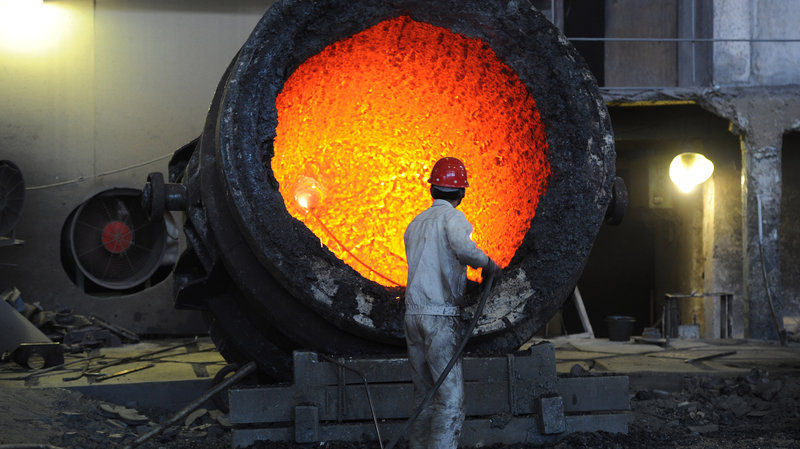
Turkey imported 811,005t of met coke in 2018, down from 2.1mn t in 2017, but up from 590,529t in 2016, according to trade data.
Colombian deliveries to Turkish mills fell to 135,613t from 371,630t in 2017. But last year's deliveries were only slightly down from 2016's 159,527t, indicating a return to normal after 2018's surge.
The US was one of 2017's largest suppliers of met coke, shipping 357,537t. But volumes sank to just 2t last year, with US producers now focused on meeting domestic requirements in light of the country's tight demand-supply balance. Similarly, Australia shipped 399,690t to Turkey in 2017, but none last year.
By contrast, Russia increased its market share in Turkey in 2018, delivering 247,134t, up from 185,645t in 2017 and just 26,814t in 2016.
Imports from China rose last year — to 338,413t from 324,540t — despite regional concern about high prices. Market participants say Turkish mills drive a hard bargain on raw material purchases and can be willing to buy off-spec material, enabling them to limit exposure to particularly high price.
The Argus daily fob north China assessment for 62 CSR met coke is at $332.50/t today, down from a 2018 peak of $390.85/t fob in early-November. The 65 CSR met coke index is at $342/t fob north China, down from a 2018 high of $400.50/t in November.
Turkish imports of Polish met coke hit 31,831t last year, up from zero in 2017, but down from 82,808t in 2016.
Turkey did not import any met coke from Ukraine last year, as Ukrainian mills prioritised their own requirements. Turkey received 50,646t from Ukraine in 2017.
Coking coal imports up
Turkey's coking coal imports rose sharply last year, to 5.8mn t from 4.28mn t in 2017 (see chart).
US cargoes accounted for the largest share, with volumes rising by 30.1pc to 2.39mn t. Imports of Australian coking coal also rose sharply, by 80.1pc at 1.96mn t.
And imports of Colombian coking coal almost doubled, to 770,466t.
Imports of Canadian coking coal dropped by 8.3pc to 445,225t, while imports of Russian coking coal fell by 29pc to 155,858t. Mozambican coking coal imports hit 77,006t, down from 96,415t in 2017.
BOF-based steel output faring better than EAF
Turkish steelmakers have suffered a bruising 12 months, with challenging economic conditions weighing on domestic consumption and trade defence measures forcing steel exporters to find new markets. But despite this, crude steel production held steady, at 37.3mn t in 2018, down only slightly from 37.5mn t in 2017, according to producers' association TCUD. Output from electric arc furnaces (EAFs) and basic oxygen furnaces (BOF) was lower.
But January data released today by TCUD show a divergence between the two production methods. Total steel output fell by 19.5pc on the year to 2.57mn t in January. EAF-based production fell particularly sharply, by 26.5pc to 1.6mn t, while BOF-based production was down by just 4.7pc, at 966,000t.
This divergence reflects rebar production cuts at several Turkish mills, most of which are believed to have taken place in January, with some mills previously saying they planned to cut output by up to 50-60pc in response to a weak market. In addition, higher scrap prices relative to iron ore in the past 4-5 months have squeezed EAF-based mill's margins. The Argus daily cfr Turkey assessment for HMS 1/2 80:20 grade scrap stood at $326/t on 16 February, up from a year-to-date low of $276.50/t cfr on 11 January.
The more diverse range of steel products made using the BOF route also gives those steelmakers more flexibility when rebar demand is weak. Recent months have seen flat steel producers maintain robust output by focusing on sales to Europe as the regional quota fills up.


Gold price eases after Trump downplays clash with Fed chair Powell

Copper price hits new record as tariff deadline looms
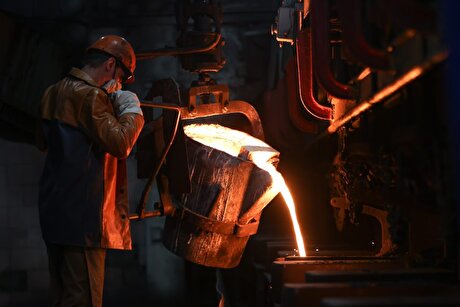
Brazil producers look to halt pig iron output as US tariff threat crimps demand
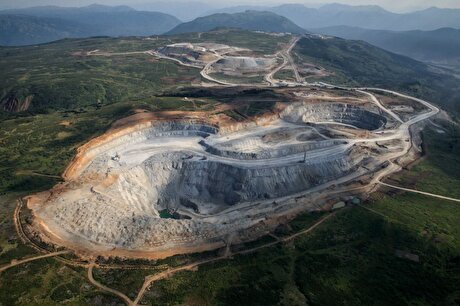
Three workers rescued after 60 hours trapped in Canada mine

Gold price could hit $4,000 by year-end, says Fidelity
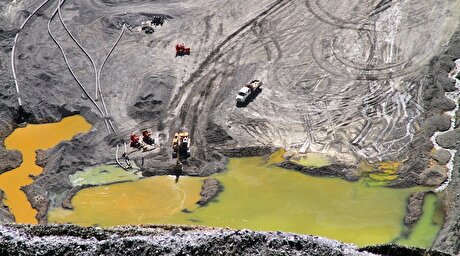
US targets mine waste to boost local critical minerals supply
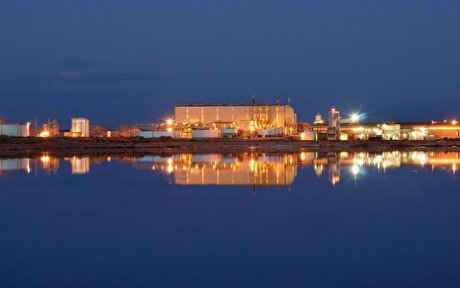
Energy Fuels surges to 3-year high as it begins heavy rare earth production
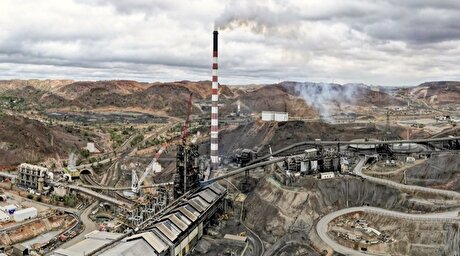
Glencore workers brace for layoffs on looming Mount Isa shutdown

Chile’s 2025 vote puts mining sector’s future on the line

Kinross divests entire 12% stake in Yukon-focused White Gold

Gold price could hit $4,000 by year-end, says Fidelity

Southern Copper expects turmoil from US-China trade war to hit copper

Ramaco Resources secures five year permit for Brook rare earth mine in Wyoming

Column: EU’s pledge for $250 billion of US energy imports is delusional

Finland reclaims mining crown as Canada loses ground

Gold price down 1% on strong US economic data
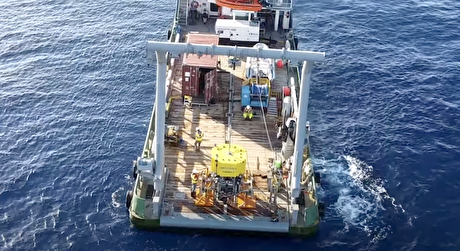
Trump’s deep-sea mining push defies treaties, stirs alarm

Chile’s 2025 vote puts mining sector’s future on the line

Gold price retreats to near 3-week low on US-EU trade deal

Gold price could hit $4,000 by year-end, says Fidelity

Southern Copper expects turmoil from US-China trade war to hit copper

Ramaco Resources secures five year permit for Brook rare earth mine in Wyoming

Column: EU’s pledge for $250 billion of US energy imports is delusional

Gold price down 1% on strong US economic data

Trump’s deep-sea mining push defies treaties, stirs alarm

Chile’s 2025 vote puts mining sector’s future on the line

Gold price retreats to near 3-week low on US-EU trade deal
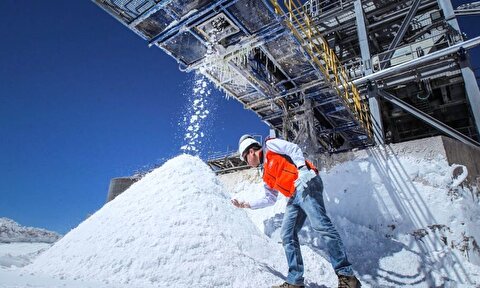
China’s lithium markets gripped by possible supply disruptions














